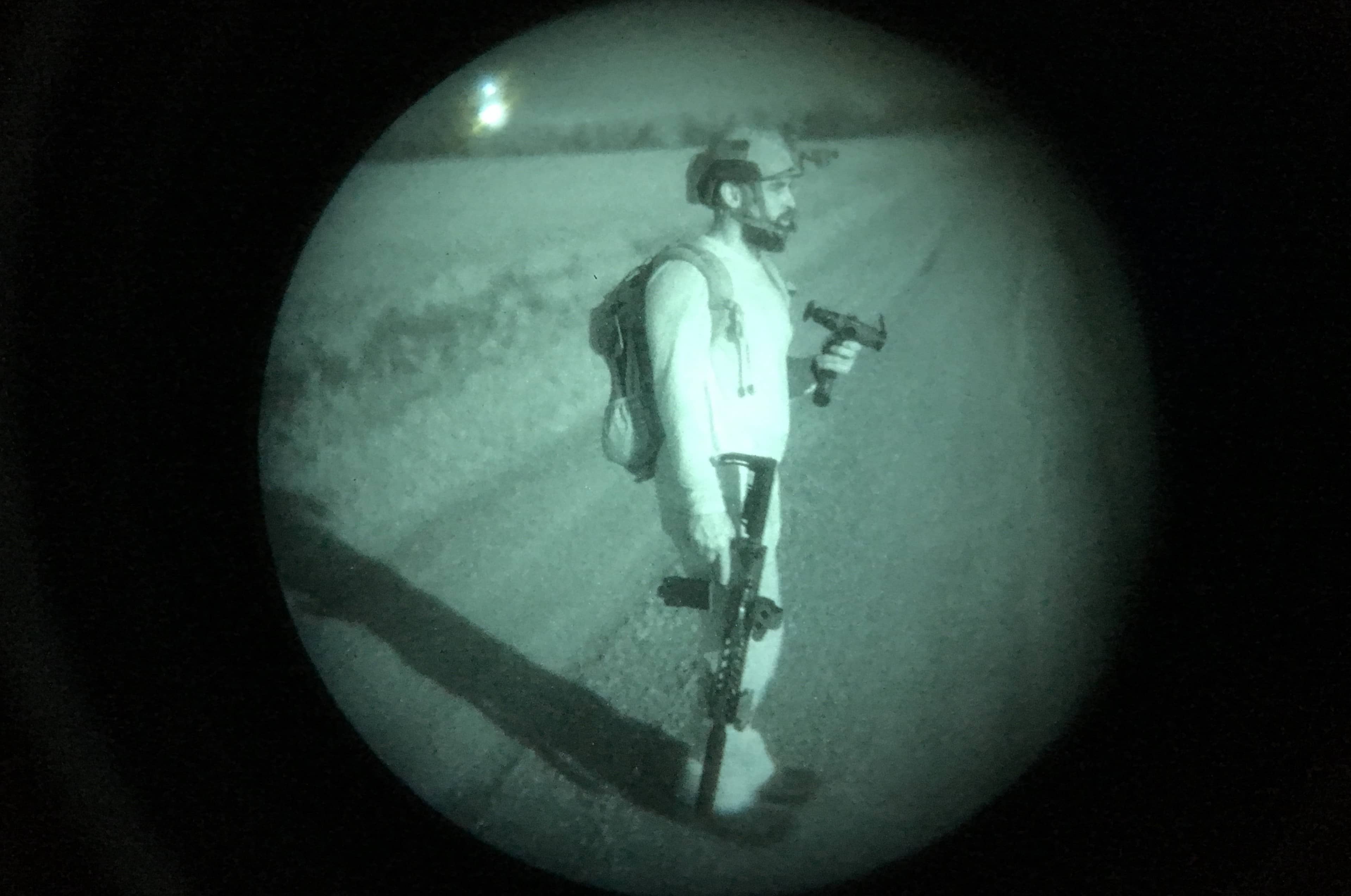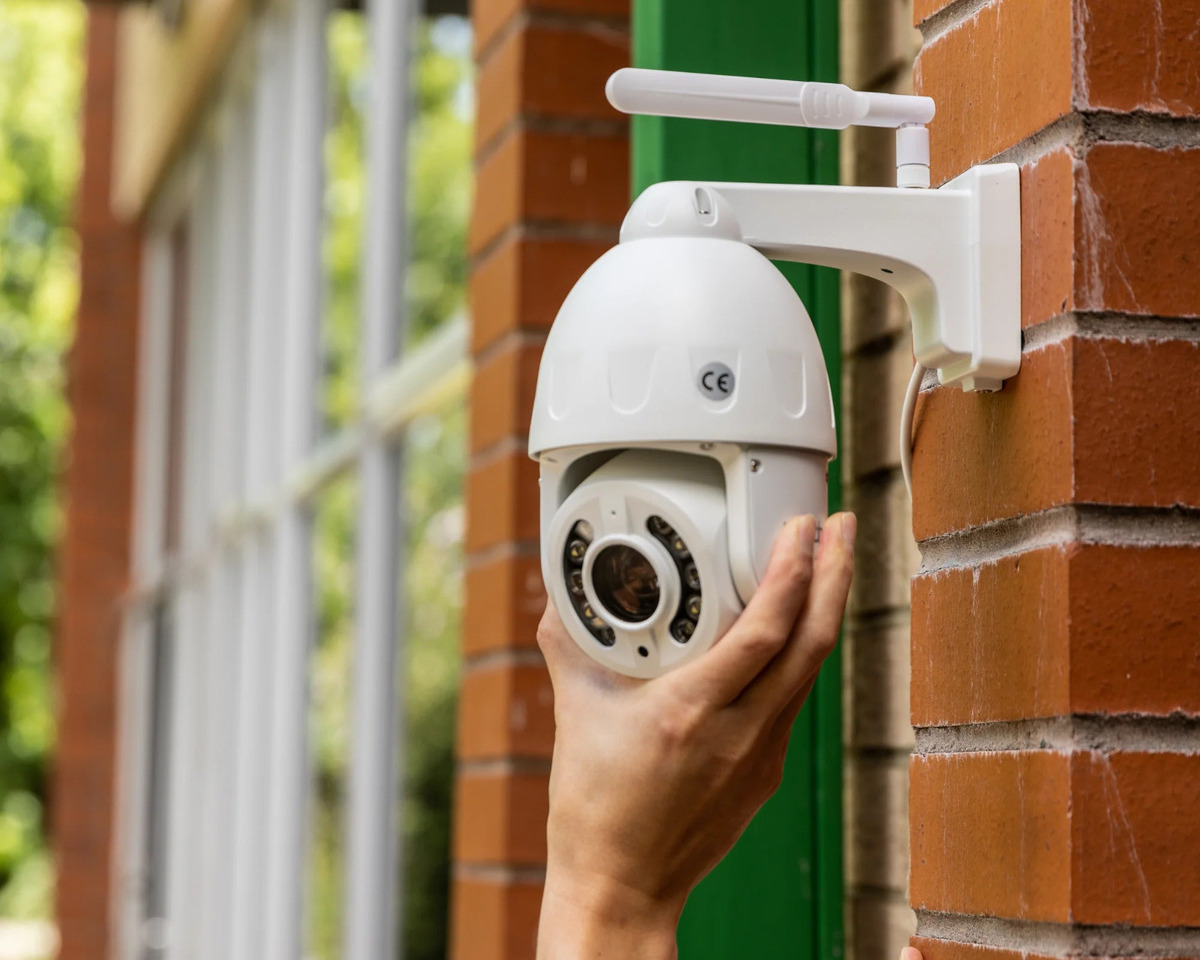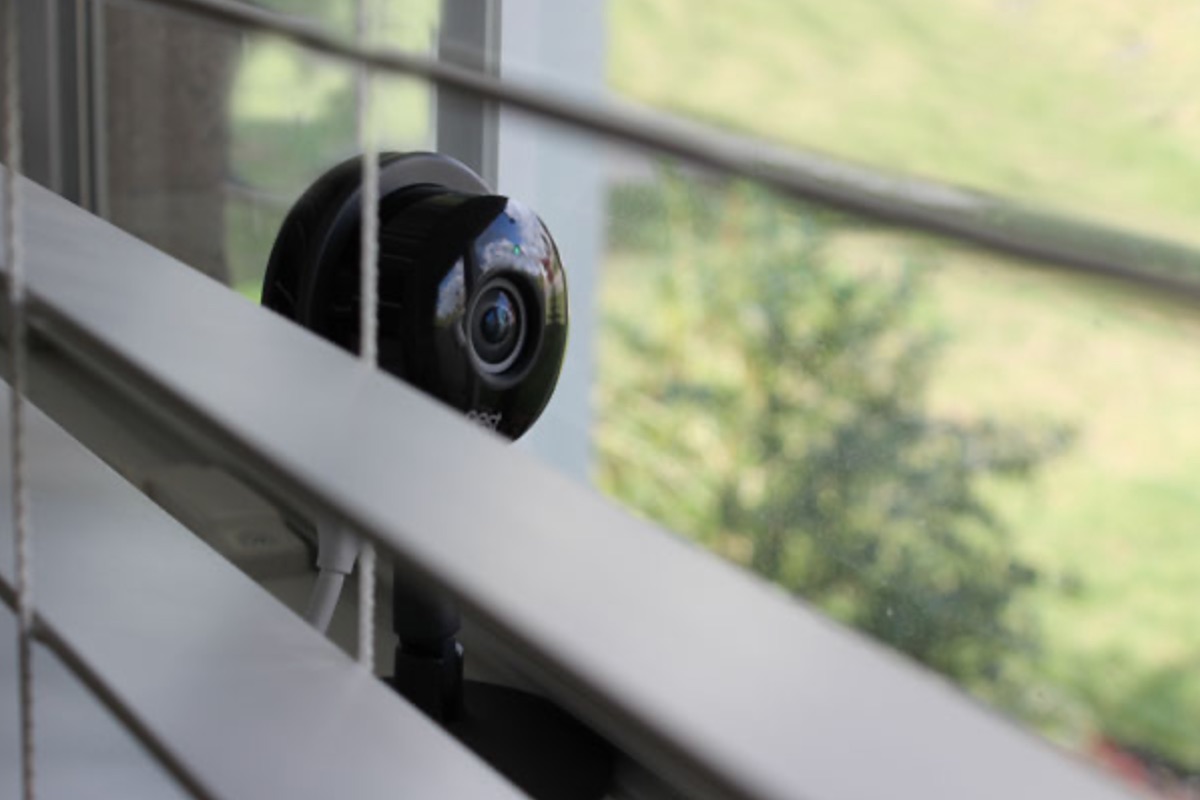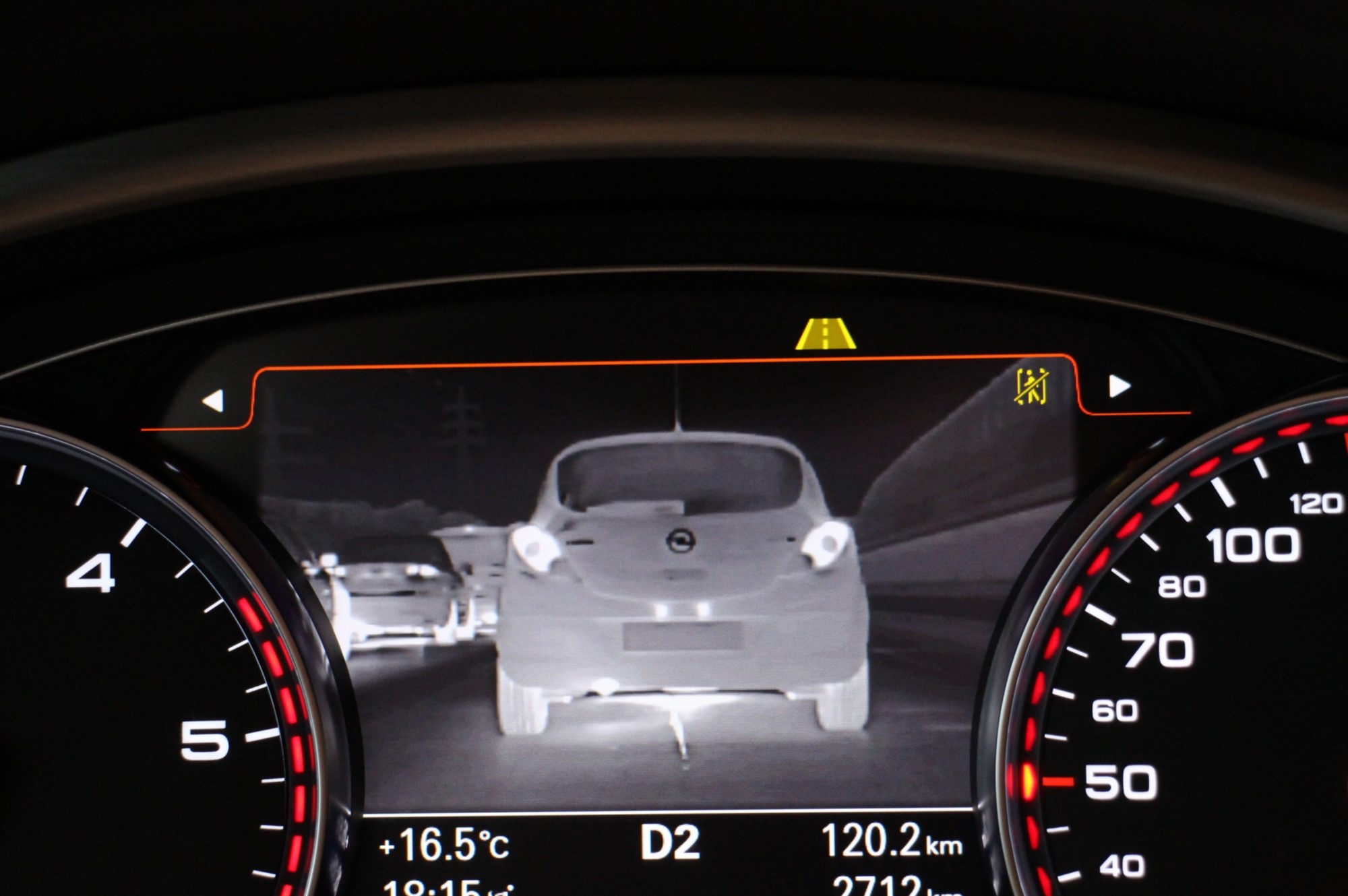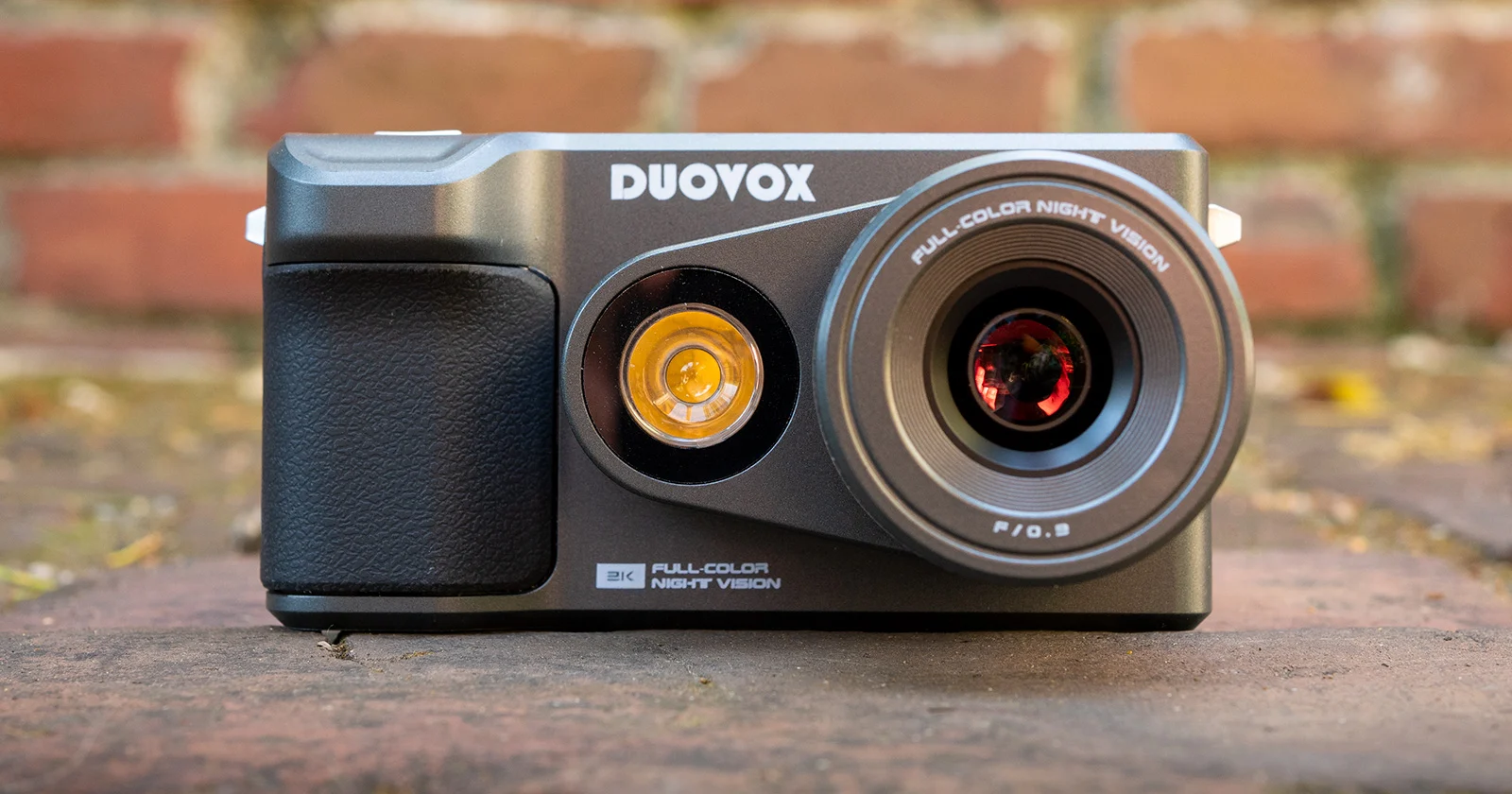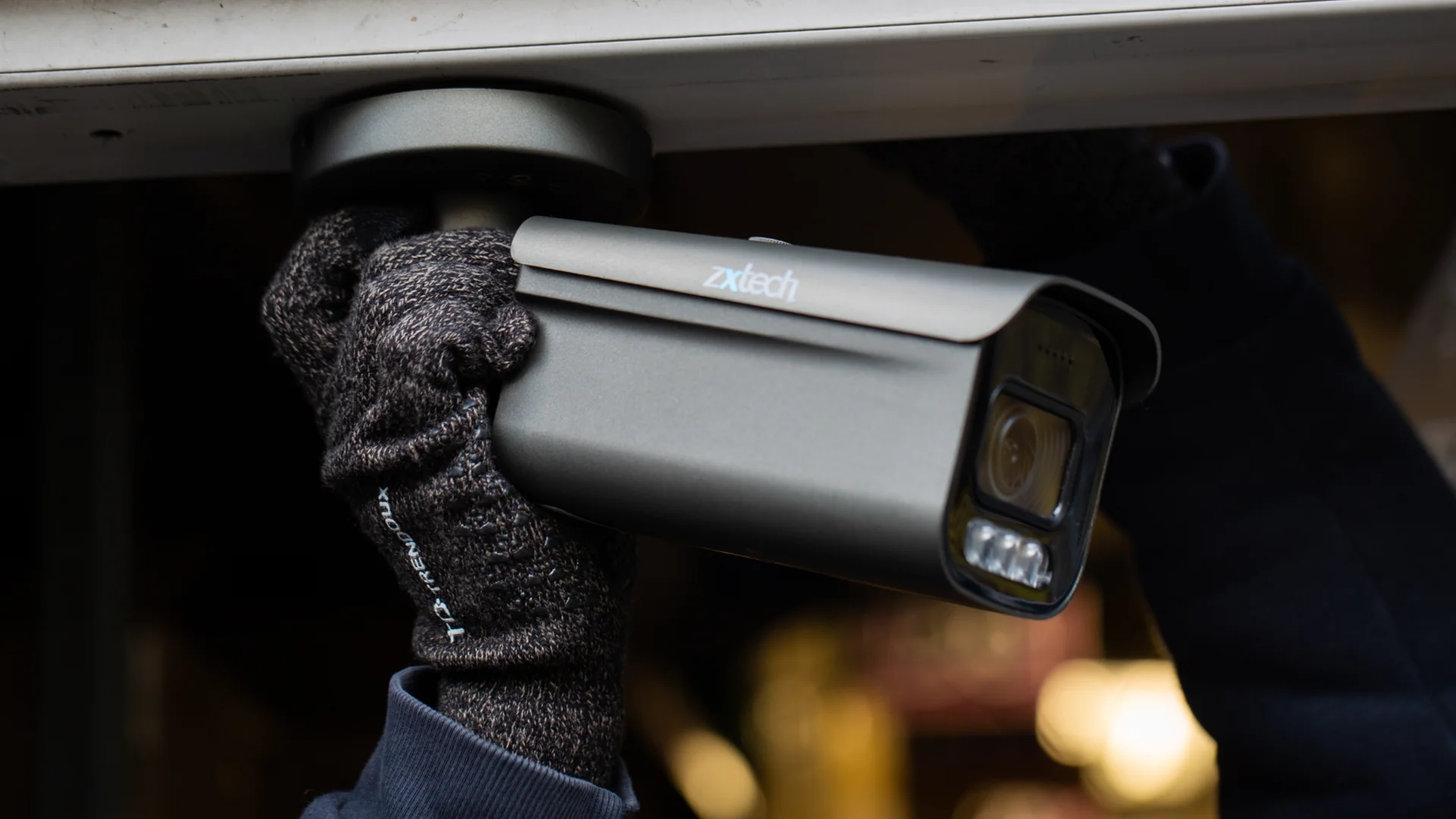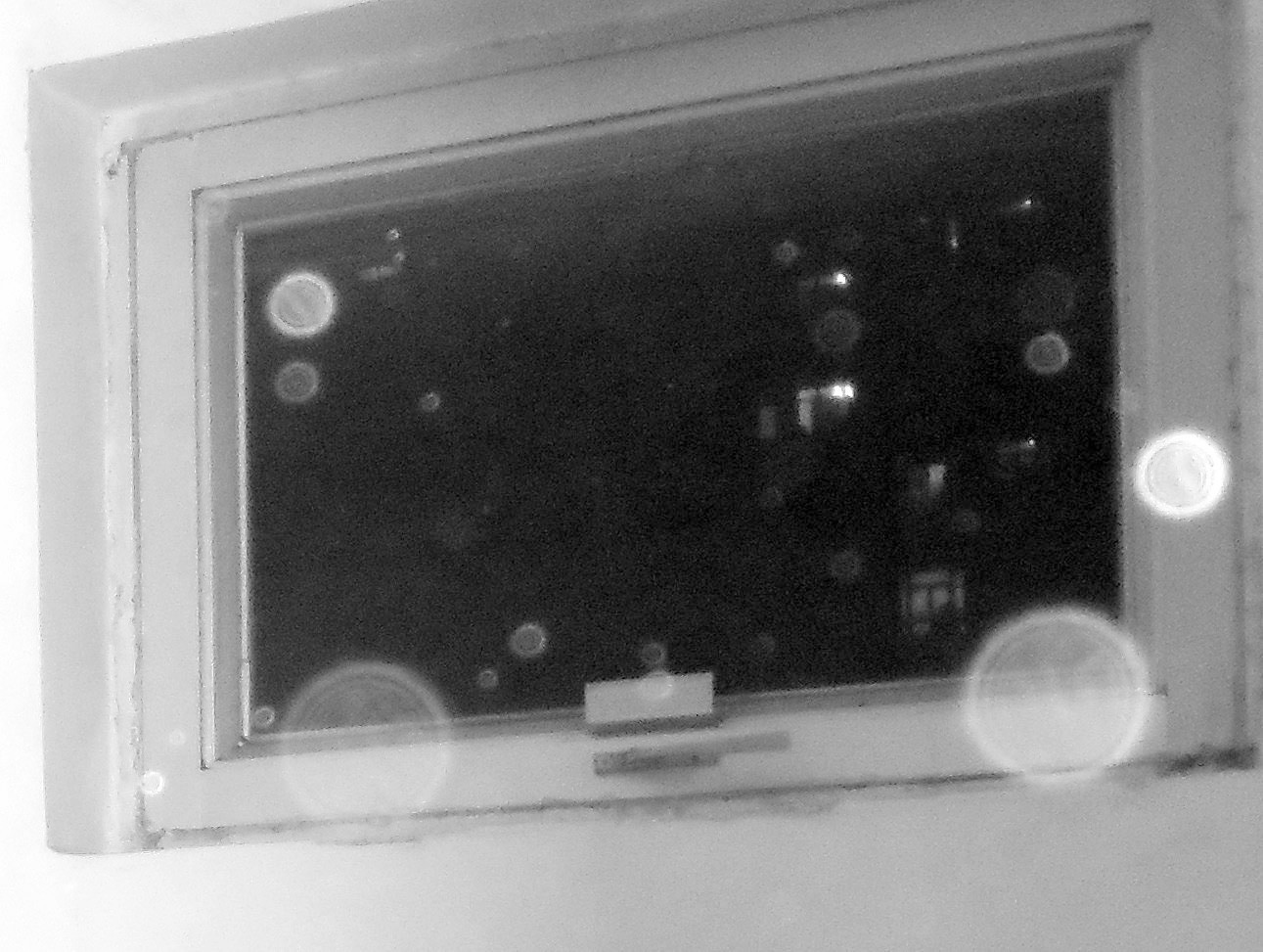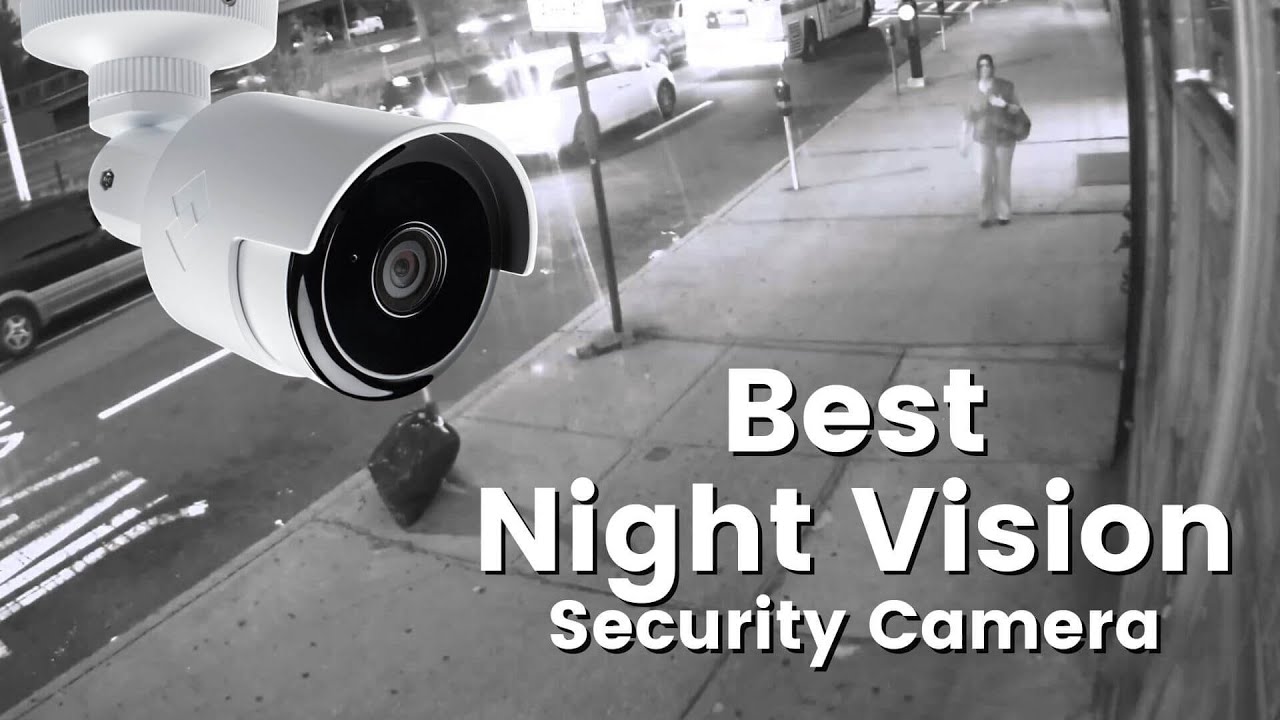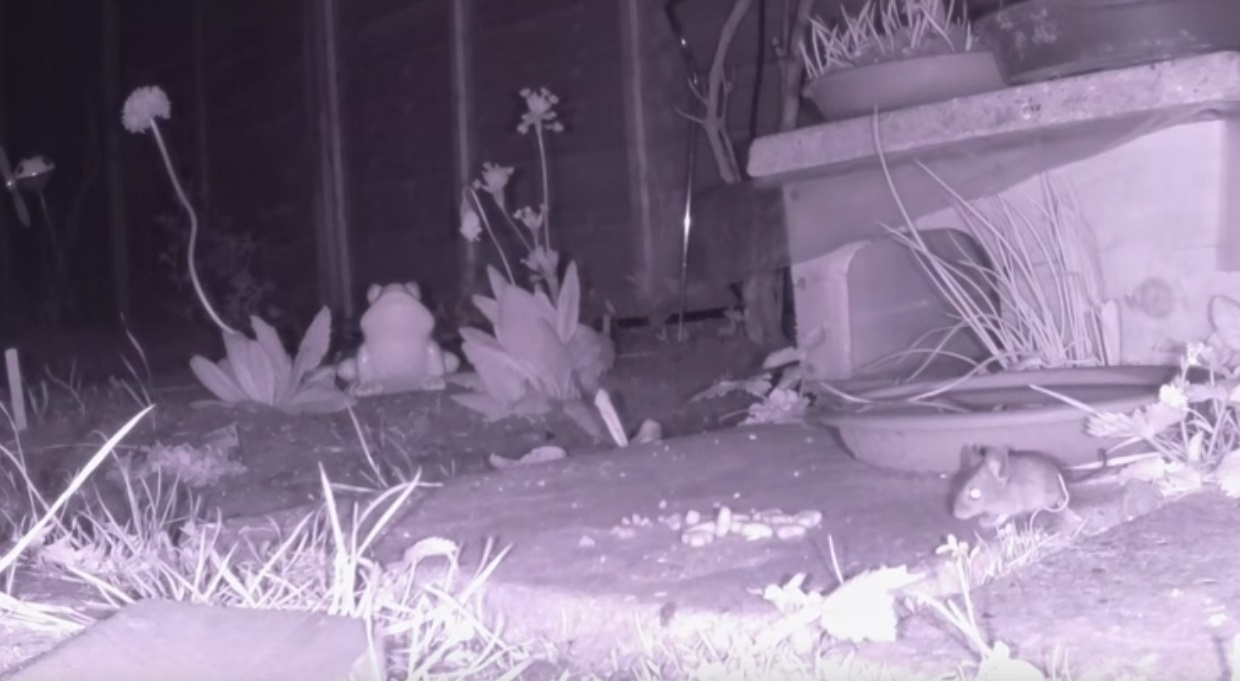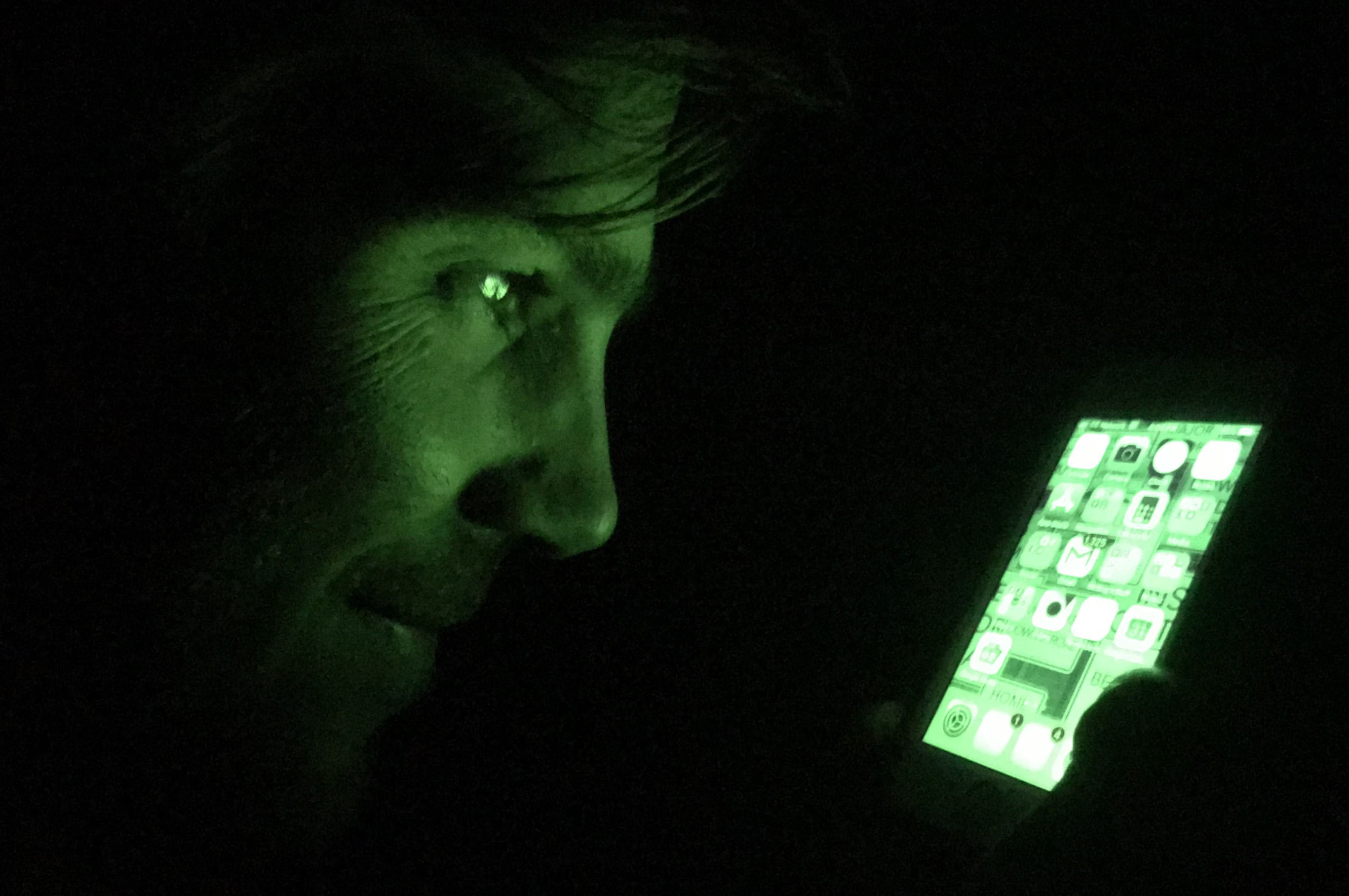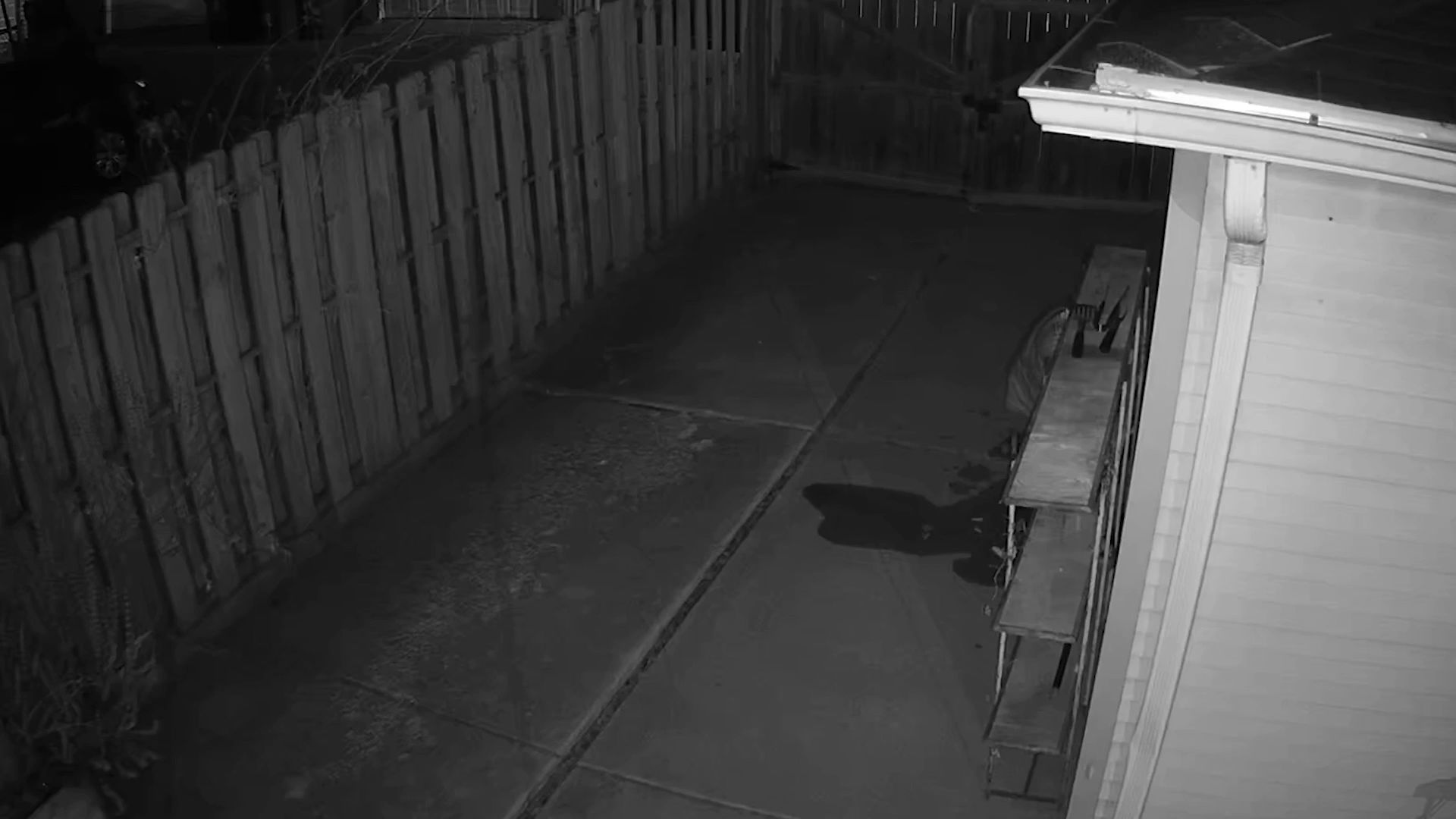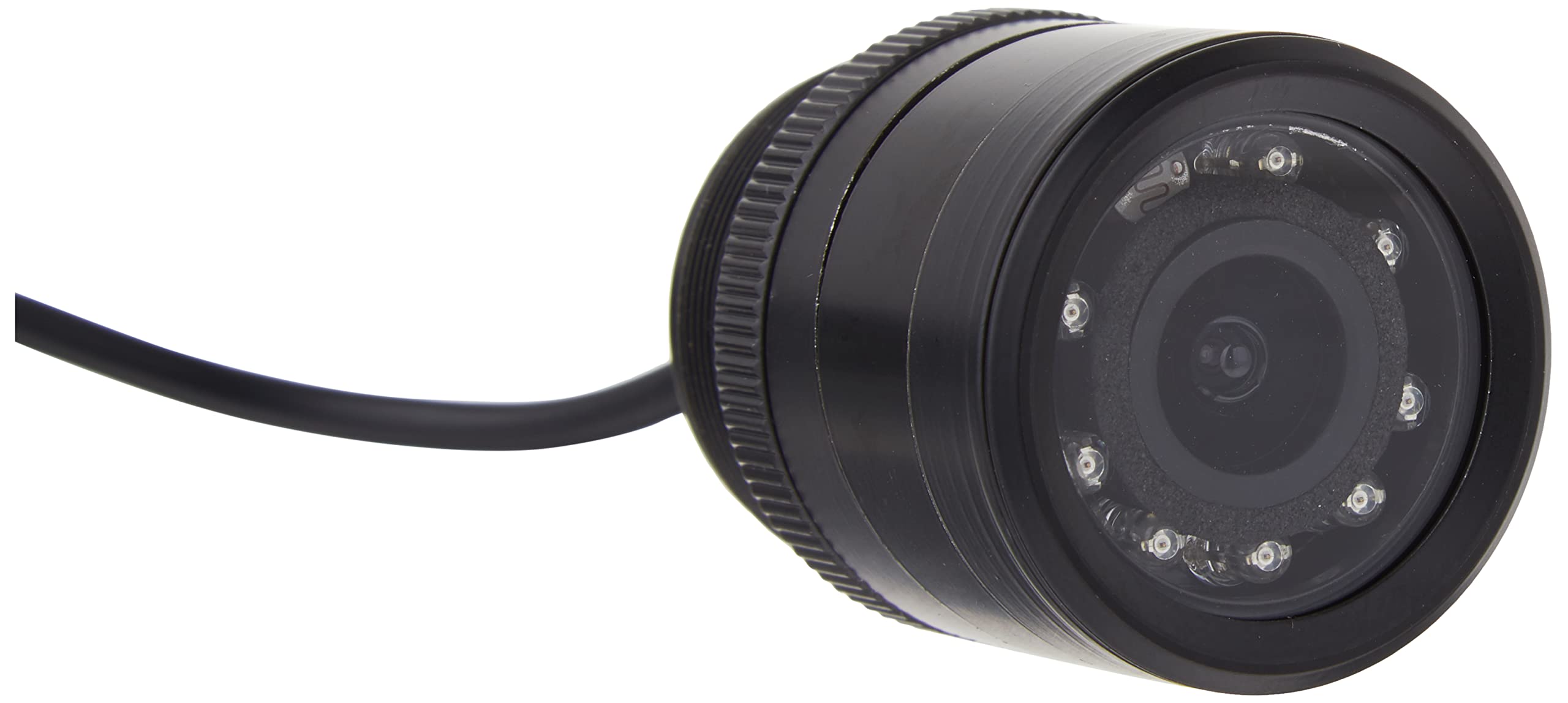Home>Home Security and Surveillance>How To Disguise Night Vision Cameras Outside
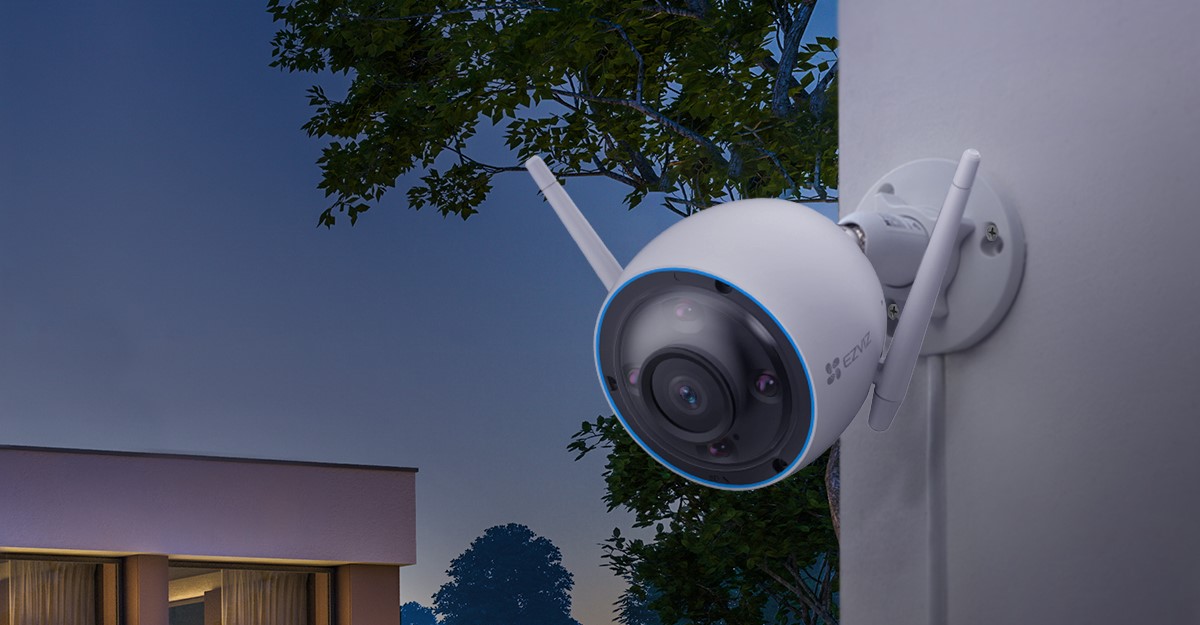

Home Security and Surveillance
How To Disguise Night Vision Cameras Outside
Modified: October 28, 2024
Learn how to effectively disguise night vision cameras outside your home for enhanced home security and surveillance. Discover the best methods and techniques to ensure discreet and effective monitoring.
(Many of the links in this article redirect to a specific reviewed product. Your purchase of these products through affiliate links helps to generate commission for Storables.com, at no extra cost. Learn more)
Introduction
Welcome to the world of home security and surveillance! In today’s modern age, protecting our homes and loved ones has become a top priority. With advancements in technology, one of the most effective tools for home security is the night vision camera. These cameras provide clear visibility even in complete darkness, allowing homeowners to monitor their property around the clock.
However, the challenge with night vision cameras is that they can stand out, potentially tipping off potential intruders and diminishing their effectiveness. This is where the art of disguise comes in. By cleverly disguising night vision cameras, homeowners can maintain the element of surprise and enhance overall security.
In this article, we will explore various methods and strategies for disguising night vision cameras outside your home. Whether you want your cameras to blend seamlessly with the surrounding environment or opt for a more creative approach that showcases your personality, we’ve got you covered!
Before diving deeper into the world of disguises, it’s important to first understand the basics of how night vision cameras work and the different types available.
Night vision cameras utilize infrared technology to capture images and videos in low-light or no-light conditions. They can “see” in the dark by illuminating the area with infrared light and then capturing the reflected light to form an image. This allows for clear and detailed surveillance footage, even in pitch-black environments.
Key Takeaways:
- Disguising night vision cameras outside your home involves blending them into the environment using natural or artificial camouflage techniques, ensuring they remain hidden while providing effective security.
- Proper placement and regular maintenance are crucial for maintaining the functionality and discreetness of disguised night vision cameras, enhancing home security and peace of mind.
Read more: How To Blind A Night Vision Camera
Understanding Night Vision Cameras
Night vision cameras are an essential component of any comprehensive home security system. With their ability to capture high-quality images and videos in low-light conditions, they provide valuable footage for both security monitoring and evidence collection.
There are several types of night vision cameras available on the market, each with its own unique capabilities and features:
- Infrared (IR) Illuminators: These cameras use built-in infrared illuminators to emit infrared light, which is invisible to the human eye but detectable by the camera. The illuminators help capture clear images in complete darkness within a certain range.
- Low-Light (LL) Cameras: As the name suggests, these cameras are designed to function in low-light conditions without the need for additional lighting. They are ideal for outdoor surveillance in areas with minimal ambient light.
- Day/Night Cameras: These cameras have the ability to seamlessly transition between day and night modes. During the day, they capture color images, while at night, they switch to black and white mode for enhanced visibility.
Understanding the capabilities and limitations of the night vision cameras you have will help you make informed decisions when it comes to disguising them effectively. Consider factors such as the camera’s range, field of view, and any additional features it offers.
It’s important to note that while night vision cameras provide excellent visibility in the dark, they still require optimal positioning and proper lighting conditions to capture accurate and detailed footage. Factors such as the distance between the camera and the target area, the angle of view, and potential obstructions can affect the camera’s performance.
Now that we have a basic understanding of night vision cameras, let’s explore the various methods and techniques for disguising them outside your home. Whether you prefer a natural camouflage approach or something more creative, the goal is to ensure that your cameras remain hidden while maintaining their functionality and effectiveness in keeping your property secure.
Choosing the Right Disguise Method
When it comes to disguising night vision cameras outside your home, there are numerous methods and techniques to choose from. The key is to select a disguise method that effectively conceals the camera while still allowing it to capture clear surveillance footage. Here are a few factors to consider when choosing the right disguise method:
- Blend with the Surroundings: One of the most effective ways to disguise a night vision camera is to blend it seamlessly with its surroundings. Consider the color and texture of the camera housing and choose disguises that match the outdoor environment. For example, if your camera is mounted on a tree, use camouflage tape or paint to make it blend in with the bark.
- Consider Weather Conditions: Make sure to choose disguises that can withstand various weather conditions. The camera housing and disguise materials should be weatherproof and UV-resistant to ensure their long-term durability.
- Accessibility: While disguising the camera, it’s essential to consider its accessibility for maintenance and adjustments. Opt for disguises that can be easily removed or opened whenever necessary without interfering with the camera’s functionality.
- Disguise Methods: There are two main categories of disguise methods to consider: natural camouflage techniques and artificial camouflage techniques. Let’s explore each of them in more detail.
By carefully considering these factors, you can choose the most suitable disguise method for your night vision cameras. Let’s delve into the different techniques for both natural and artificial camouflage to help you make an informed decision.
Natural Camouflage Techniques
Natural camouflage techniques involve using elements of the outdoor environment to conceal your night vision cameras. These methods rely on blending the cameras into their surroundings to make them less noticeable. Here are some effective natural camouflage techniques:
- Foliage and Vegetation: Use natural foliage and vegetation, such as leaves, vines, or moss, to cover and disguise the camera. Attach them securely to the camera housing, ensuring they do not obstruct the lens or infrared illuminators. This technique works best for cameras mounted on trees, bushes, or fences.
- Plants and Flowerpots: Another option is to use potted plants strategically placed around the camera to create a natural disguise. Choose plants that are similar in color and texture to the surrounding area to achieve optimal camouflage.
- Birdhouses or Nest Boxes: Utilize existing birdhouses or nest boxes to house the camera. This method provides a natural disguise while still allowing for a clear view of the surroundings. Make sure to position the camera inside the birdhouse in a way that does not obstruct its field of view.
- Inconspicuous Structures: Consider installing the camera within existing structures, such as bird feeders, outdoor lighting fixtures, or mailboxes. By incorporating the camera into everyday objects, you can achieve a disguised appearance without arousing suspicion.
- Rock or Stone Disguise: If your camera is located near rocks or stones, consider using a rock-shaped housing to conceal it. These realistic-looking rock covers are designed specifically for outdoor cameras and provide excellent camouflage.
When implementing natural camouflage techniques, ensure that the disguises blend harmoniously with the surrounding landscape. Take into account the lighting conditions throughout the day, as sunlight and shadows can reveal hidden cameras. Regularly inspect the disguises and make any necessary adjustments to maintain their effectiveness.
While natural camouflage techniques can be effective, they may not always be suitable or practical for all environments. In such cases, artificial camouflage techniques can offer alternative solutions for concealing your night vision cameras. Let’s explore some of these techniques in the next section.
To disguise night vision cameras outside, you can use natural materials like branches, leaves, or rocks to blend them into the environment. Make sure to test the camera’s view after disguising to ensure it still captures the desired area.
Artificial Camouflage Techniques
Artificial camouflage techniques provide alternative options for disguising night vision cameras when natural camouflage may not be feasible or appropriate for your specific circumstances. These methods involve using artificial materials or props to create a disguise. Here are some effective artificial camouflage techniques:
- Housing or Casing Disguise: Choose camera housings that resemble common outdoor objects such as electrical boxes, birdhouses, or outdoor speakers. These purpose-built disguises are designed to blend seamlessly with the environment while providing the necessary protection for the camera.
- Decoy Cameras: Place multiple dummy or decoy cameras around your property to create a deterrent effect. These decoy cameras resemble real cameras but do not have actual surveillance capabilities. They can give the illusion of comprehensive security coverage and divert attention away from the actual night vision cameras.
- Outdoor Art or Decor: Incorporate the camera into outdoor artworks or decorative structures. For example, you can create a bird statue with a built-in camera or install a camera inside a decorative lantern. This technique combines functionality with aesthetic appeal.
- Disguise Stickers or Covers: Apply specially designed camouflage stickers or covers to the camera housing. These adhesive covers come in various patterns and designs, including bark, stone, or floral prints, and can effectively camouflage the cameras in different environments.
- Perspective Trick: Use creative angles or mounting positions to change the perspective of the camera. By tilting the camera upward or downward, you can make it less noticeable to potential intruders, effectively blending it into the surroundings.
When using artificial camouflage techniques, it’s important to ensure that the disguises are convincing and not easily distinguishable from ordinary objects. Take into consideration factors such as the durability of the disguise materials, their resistance to weather elements, and the ability to adjust or maintain the cameras within the disguises.
Remember, the goal is to maintain the functionality of the night vision cameras while keeping them discreet and inconspicuous. Regularly inspect the artificial camouflage disguises to ensure they remain intact and effective at concealing the cameras.
Now that we have explored natural and artificial camouflage techniques, it’s important to consider the placement of your disguised night vision cameras to optimize their effectiveness. We will discuss placement strategies in the next section.
Read more: How To Fix A Night Vision Camera
Placement Strategies for Optimal Disguise
Proper placement of disguised night vision cameras is crucial to maximizing their effectiveness while maintaining their concealed appearance. Consider the following placement strategies to ensure optimal disguise:
- Strategic Locations: Identify key areas around your property that require surveillance coverage, such as entry points, driveways, or backyard spaces. These are typically the most vulnerable areas and should be prioritized for camera placement.
- Height and Angle: Mount the cameras at an appropriate height and angle to capture the desired field of view. Keep in mind that higher placement can help prevent tampering or vandalism, while angling the camera downward can make it less noticeable.
- Obstructions: Utilize natural or artificial obstructions to conceal the cameras further. For example, you can position the camera behind tree branches, fences, or decorative structures to create additional cover.
- Multiple Cameras: Install multiple disguised cameras around your property to ensure comprehensive coverage. By strategically positioning cameras at different angles, you can monitor a larger area while maintaining a discreet appearance.
- Reinforce Disguises: Regularly check the disguises to ensure they remain intact and effective. Trim any overgrown foliage, replace worn-out covers or stickers, and adjust any loose or misaligned disguises.
- Testing and Adjusting: After initial installation, test the camera positions at different times of the day to ensure optimal visibility and coverage. Make any necessary adjustments to the positioning or disguise to achieve the best results.
Remember to consistently evaluate the placement and effectiveness of your disguised night vision cameras. As your surroundings change over time, such as growth in foliage or modifications to outdoor structures, reevaluate and make any necessary adjustments to maintain the cameras’ optimal disguise.
It’s worth noting that even with effective disguise techniques and strategic placement, it is important to comply with any legal requirements or regulations regarding the use of surveillance cameras in your area. Be sure to familiarize yourself with local laws and guidelines to ensure compliance while prioritizing your home security.
Now that you have a good understanding of disguise methods and placement strategies, let’s dive into the maintenance and care required to keep your disguised night vision cameras in optimal condition.
Maintenance and Care for Disguised Night Vision Cameras
Once you have successfully disguised your night vision cameras, it’s important to maintain and care for them to ensure their longevity and optimal performance. Here are some key maintenance and care tips to keep in mind:
- Regular Inspections: Conduct routine inspections of the disguised cameras to ensure they are not damaged or compromised. Check for any signs of wear and tear, loose disguises, or potential obstructions that may affect the camera’s visibility or functionality.
- Keep Disguises Clean: Clean the disguises regularly to remove dirt, dust, or debris that may accumulate over time. Use non-abrasive cleaning solutions and soft cloths to avoid damaging the disguises or camera housing. Proper cleaning helps maintain the effectiveness of the camouflage and ensures clear visibility for the camera.
- Check Camera Settings: Periodically review and adjust the camera settings to ensure they are optimized for your specific surveillance needs. This includes adjusting the sensitivity, recording quality, motion detection, and night vision settings based on the surrounding environment and desired level of security.
- Monitor Power Supply: Check the power supply regularly to ensure uninterrupted operation of the cameras. Replace or recharge batteries as needed for wireless cameras, or ensure that wired connections are secure and free from any damage.
- Test Night Vision Capabilities: Regularly test the night vision capabilities of the cameras to ensure they are functioning properly in low-light or no-light conditions. This will help identify any potential issues with the infrared illuminators or image quality that need to be addressed.
- Secure Wi-Fi Connections: If your night vision cameras are connected to a Wi-Fi network for remote monitoring and access, ensure that the network is secure. Use strong passwords, enable encryption, and regularly update the camera’s firmware to protect against potential cyber threats.
By following these maintenance and care tips, you can extend the lifespan of your disguised night vision cameras and ensure they continue to provide reliable security for your home.
Before we conclude, let’s summarize what we have covered in this article.
Conclusion
Disguising night vision cameras outside your home is a smart and effective way to maintain security while minimizing their visibility. By employing natural and artificial camouflage techniques, you can seamlessly blend these cameras into their surroundings and deter potential intruders.
When choosing the right disguise method, consider factors such as blending with the surroundings, weather resistance, accessibility, and choosing between natural and artificial camouflage techniques. Natural camouflage techniques involve using elements of the environment, such as foliage or rocks, to conceal the cameras, while artificial camouflage techniques involve using disguised housings, props, or covers.
Proper placement of the disguised cameras is essential for optimal effectiveness. Take into account strategic locations, height, angle, and the use of obstructions to further conceal the cameras. Regular inspections, maintenance, and care, including keeping disguises clean, checking camera settings, monitoring power supply, and testing night vision capabilities, are crucial to ensure the cameras remain functional and discreet.
Remember, while disguising night vision cameras enhances security, it is important to comply with any local laws or guidelines governing the use of surveillance cameras in your area.
Implementing these strategies and techniques will help you achieve a comprehensive and discreet home security system, providing peace of mind and protection for your loved ones and property.
Now it’s time to put your knowledge into practice and start disguising those night vision cameras for enhanced home security!
Frequently Asked Questions about How To Disguise Night Vision Cameras Outside
Was this page helpful?
At Storables.com, we guarantee accurate and reliable information. Our content, validated by Expert Board Contributors, is crafted following stringent Editorial Policies. We're committed to providing you with well-researched, expert-backed insights for all your informational needs.
